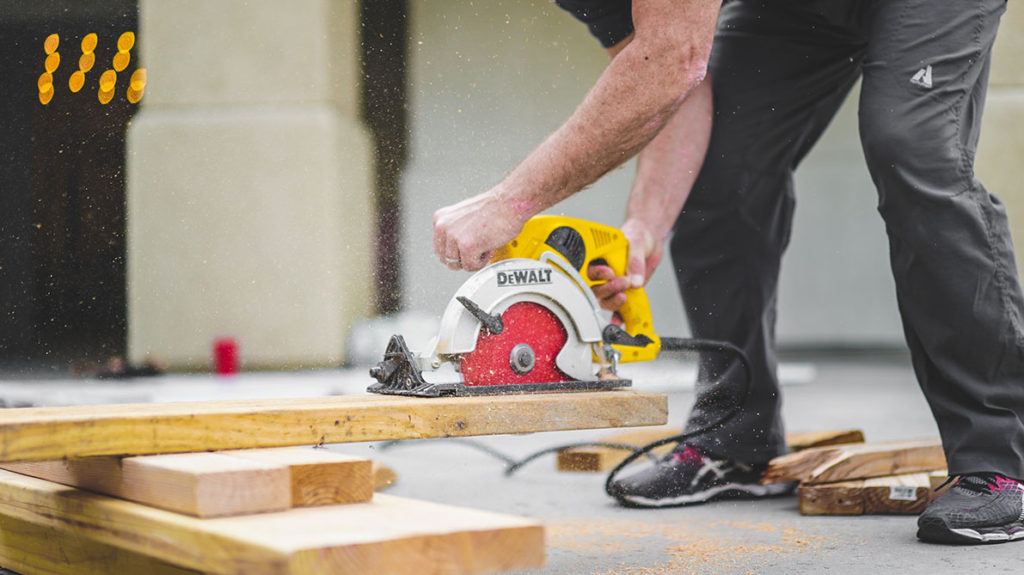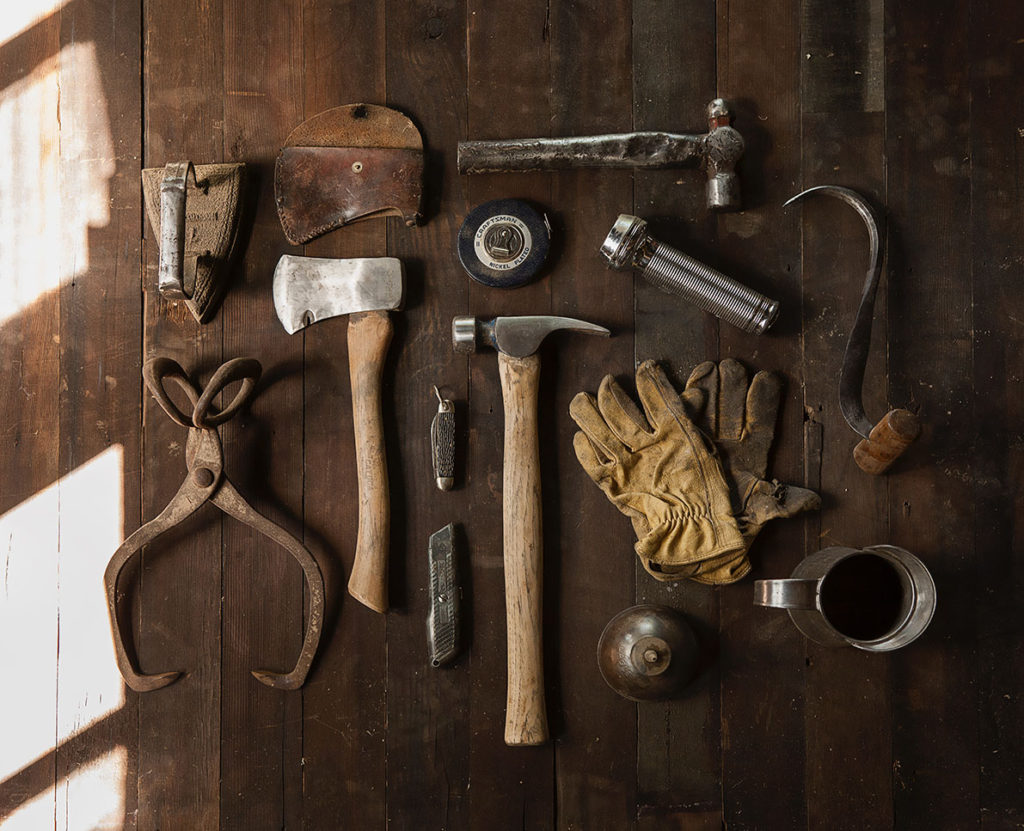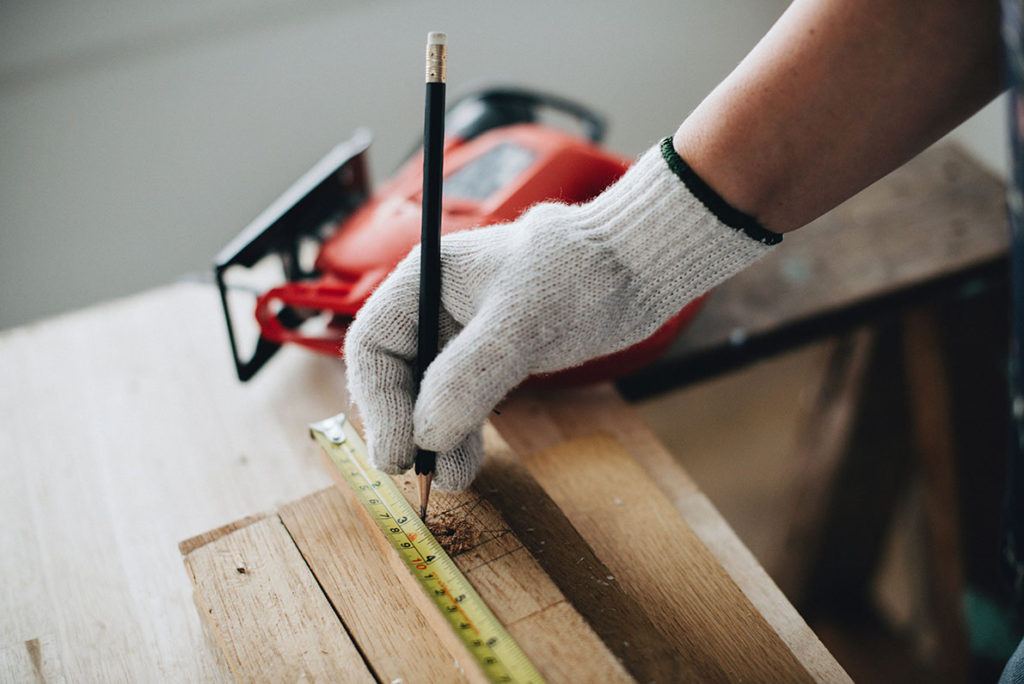MON - FRI: 08:00 - 05:00 PM

9 Top Tips When Choosing A Builder

Choosing a builder is one of the most important decisions you are going to make, so let’s get it right.
TV programmes such as Rogue Trader have been a blessing and a burden in equal measure. While we are more aware of disreputable tradesmen, we also seem to distrust all builders as a starting point, and while a healthy cynicism is useful, a blatant fear of thinking you’ll be ripped off, is no way to enter into any partnership.
1. Employ Someone You Like – you’re going to see them a lot!
These men (for they are without a doubt mostly men) will be in and around your home for the foreseeable future – 10 weeks, 18 months, it obviously depends on the size of your build – and you want to be pleased to see them every day, not hoping to see the back of them from the very beginning.
Of course you’ll get to that point, we all do, the end of project can never come soon enough, but do NOT start wishing for it from the start point, you’ll only find yourself frustrated and that will perpetuate throughout all aspects of your life. Yes, it’s that serious.
2. Work With Industry Recommended Professionals
Ask your architect or designer for their builder recommendation. Your architect or designer will have a style of their own – roof shapes, window choices, door styles, material combinations – and you need someone to build these who has that specific experience. By choosing to work with a builder who knows their style (and quirks) you will save time, money and headaches.

3. Get Specific With Your Spec
Your architect or quantity surveyor will produce a spec for the builder to quote against. This can be very detailed or simplified. Unless you are in the trade, don’t opt for the complex version.
A large extension can stretch to 70 odd pages of material and labour requirements and it will boggle and confuse you.
A simplified version will give you some structure and sense of order (both imperatives for managing a build). It will break down the project into stages, so you will understand the order in which things happen – again this will be an education for most. (All the Grand Designs shows in the world won’t teach you what the actual reality of doing it yourself will!)
4. Turn Money into Bricks & Metal
Most of the costs will be gobbled up in the early stages with the ground works. The ugly bits you’ll not see (hopefully) at the end of the project.
Machinery hire, disposal costs, breeze blocks and bricks cost more than you think. Steels we all know are ghastly expensive, but you’ll learn how often they’re used nowadays when you see the bill for them.
Open plan living has meant architects rely on the strength of metal to keep ceilings and roofs up.
5. ALWAYS Get 3 Quotes & Where Best to Look
Along with the builder your architect recommends, find two other builders to do comparative quotes. NEVER just one more, we need three options to make the best decisions. Always find these builders via personal recommendations.
Check a trader and all the online sites are not as trustworthy as someone you know who has recently lived through a building experience. Make sure they’re similar in nature to you though – if they’re very fussy people and you’re laid back, they’ll have a different view of the experience – so find someone like minded and ask them for the truth.
If you’re new in town, visit a trade supplier (Jewsons/Gibbs & Dandy etc) and ask them for recommendations. Ask them who is busy, who pays them on time and who is (insert characteristics here… reliable, friendly, professional, tidy etc).

6. Compare The Quotes
Your builders should have come up with a similar end cost, but they’re likely to have allocated costs to different places. Infuriating as this may be for you, see it from their perspective. They are not in it for the love of the work alone, they want to make a living. 20% margins is pretty standard and a fair wage for them.
Battering them down on costs will make you feel better in the short term, but it won’t last into the long. Costs will be saved elsewhere. Time will be reduced. They’re not daft, they’ve done this more times than you have.
7. Provisional Sums & Final Expectations
Pay careful attention ‘PC Sums’. A builder will quote the most basic sanitary ware or kitchen costs. And you may be perfectly happy with that, or not… If you have German tastes when it comes to kitchens or prefer real wood to laminate, then have a good look and be realistic that extra funds are likely to be required.
Many of these costs are the ‘nice bit’ at the end of the job – lighting, tile choices, bathrooms and kitchens (the interior design rather than the structure itself) and the builder will have done the bulk of his work and invoiced for it too.
Don’t get to a point when you’re arguing over the final details. You don’t want the job to end on a sour note, so make sure you’re aware from the beginning exactly what the builder thinks he’s quoting for and what you’re hoping for.
8. Communication
Communication is a vital part of the build process. Every day you’ll have decisions to make and you’ll need to find someone you can talk to. Make sure at least one of the team is a good communicator and I’m not just talking about being able to speak fluent English here.
I highly recommend you work with someone you get on with, whose skills you respect and with whom you can have civilised conversations when things go off track or when contingencies need to be applied. Your gut instinct is important here.
9. Move Out Or Stay Put?
Some builds clearly require you to move out of the property while the work takes place. It’s expensive to have two homes on the go but needs must. If you can afford it, I’d recommend moving out. It will reduce the stress levels and your marriage will be grateful for that.
On the other hand, you may want to be on hand for decisions. Some builders are good enough to be designers and will frankly make better decisions than most home owners, others are not, and will make the decision that will be the least work (or cost) for them.
If you’re on site, you can alleviate that decision for them. Secondly, you may want to appreciate just how much work it takes to build a home. It’s a monumental task and we should be aware of what goes into it. It’s also a fantastic education. In a world of on-line activities and apps, I’d encourage us all to watch and learn. We need practical skills.
Of course, by staying at home this means putting up with the disruption, the dirt, dust and the very colourful language but like many good things in life, your home is worth a bit of discomfort before you can sit back and enjoy.
If you have any questions please get in touch. And of course, if you’re building now and looking for advice on interior layout, kitchen & bathroom design or any material choices and final finishes, please contact me.
Web: nikischaferinteriordesign.co.uk
Email: niki@nsid.co.uk
Mobile: 07782 256 444
- Category : Building Work
- Type :


Comments
Just Say Your Opinion